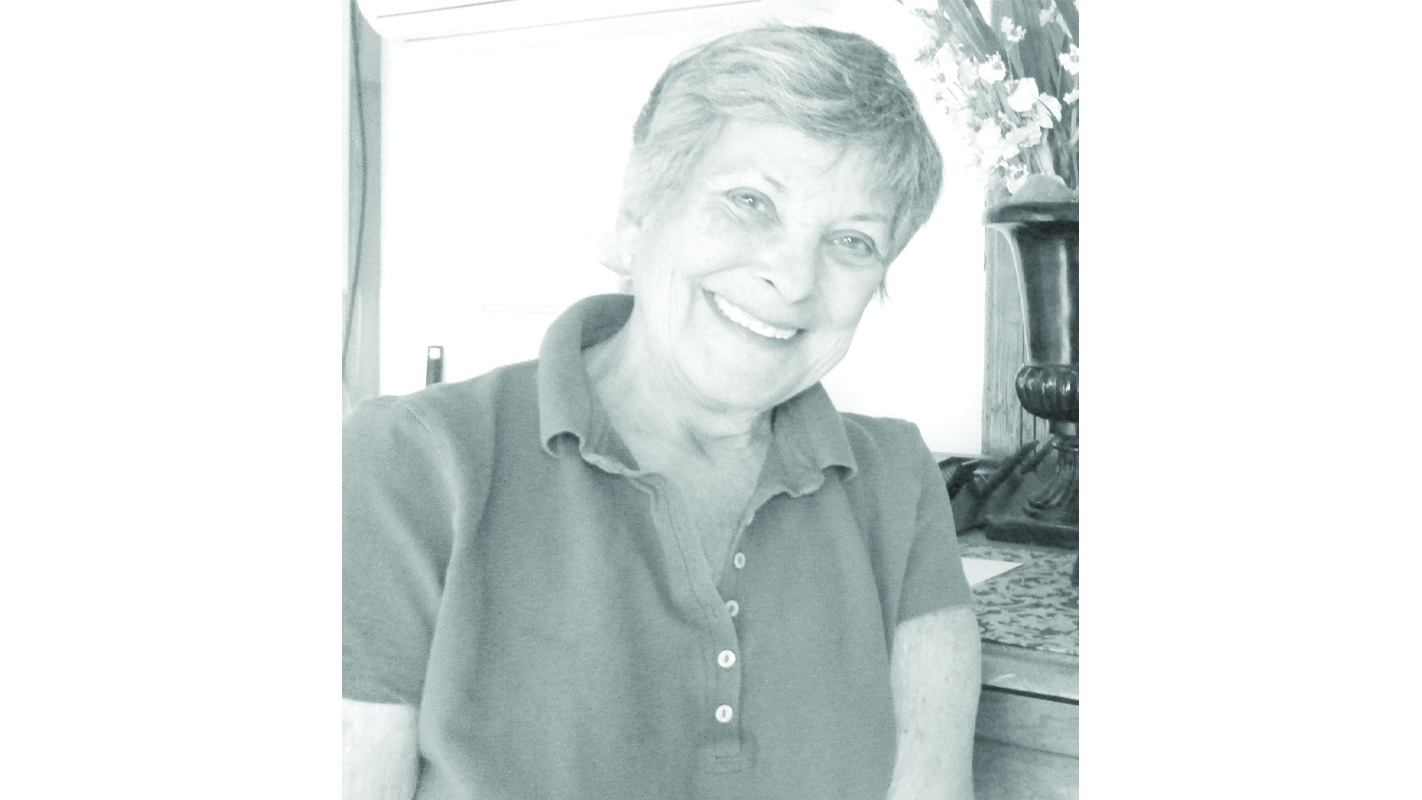Next weekend is Thanksgiving and there is much we can be grateful for.
The Canadian economy is off the bottom of the biggest downturn since the Great Depression. The whole economy contracted by a stunning 15 per cent. Thanks to quick action on the part of the government and the Bank of Canada, the economy has rebounded to roughly 5 per cent below pre-COVID-19 levels of activity.
The recovery has been stronger than many forecasters anticipated. Unhappily, the recovery is already losing momentum. Indeed, according to a recent Deloitte Report, “the rapid growth phase of the recovery, fuelled by the reopening of previously closed sectors, is now effectively complete. The remainder of the recovery will be more protracted and uneven.” It may take a decade to recoup the losses. Let’s be grateful for our highly stimulative fiscal and monetary policy and for the good data that gives us a clue to what our own and our government’s behavior should be.
The economy lost three million jobs but recovered two million by August. So, one million jobs remain lost compared to where we were before the pandemic hit. Workers in several service industries— restaurants, retail and travel—saw devastating job losses during the containment phase and these sectors are recovering only slowly. Many of the businesses in these industries have closed and many of those that have reopened are operating well below capacity. The latest data from Statistics Canada show that air transportation was still down 90 per cent from February, and the food service industry was operating at 40 per cent below pre-pandemic levels.
The job losses have delivered a body blow to women and young people. The new Governor of the Bank of Canada, Tiff Macklem, told the Canadian Chamber of Commerce last month that “more women than men have dropped out of the labour force and are not returning as quickly as men. Among parents, mothers have seen a greater decline in hours worked and a slower recovery than fathers. Job losses and reduced hours have been especially severe for young people. At one point, more than half of the potential youth labour force was underutilized. Among younger workers, women have been affected much more than men. Finally, although the data is not as complete for visible minorities and Indigenous Peoples, available data suggests that these groups have fared worse during the pandemic than other Canadians.” Further government and societal support will have to be more focussed on these people.
Overall, we can be grateful if an effective vaccine is widely available by mid-2021 and if a majority of people choose to take it. We can be grateful if economic activity returns to pre-pandemic levels by Thanksgiving next year. Then we can set our sights on the challenges that have plagued us for decades: how to eliminate inequality in the workforce, how to get more business investment in this country, how to get productivity up to the level of economies more successful than ours. Innovative thinking and adaptability from both the public and private sectors will help in the recovery of jobs, income growth and paying down the accumulated debt. But it would be naïve to think these necessary attributes will be sufficient to bring equal opportunity to everyone who is not a white male.
Let us look forward with gratitude to the day when we can resume hugging, an activity that releases oxytocin and seratonin, the former a hormone that lowers blood pressure, the latter one that make you “feel good,” and thus, happier. In the meantime, let’s resolve to pivot the Thanksgiving holiday away from being thankful to one of being grateful. The Oxford Dictionary defines the word grateful as “showing an appreciation of kindness.” This is where the difference lies; being thankful is a feeling and being grateful is an action. Not only will we do good by actively acknowledging others, practicing gratitude, according to a scientific study, will allow us to be less depressed, less fatigued, will reduce inflammation, let us sleep better, have more confidence and put us in a better mood. Amen to that!
Be grateful
By Dian Cohen





